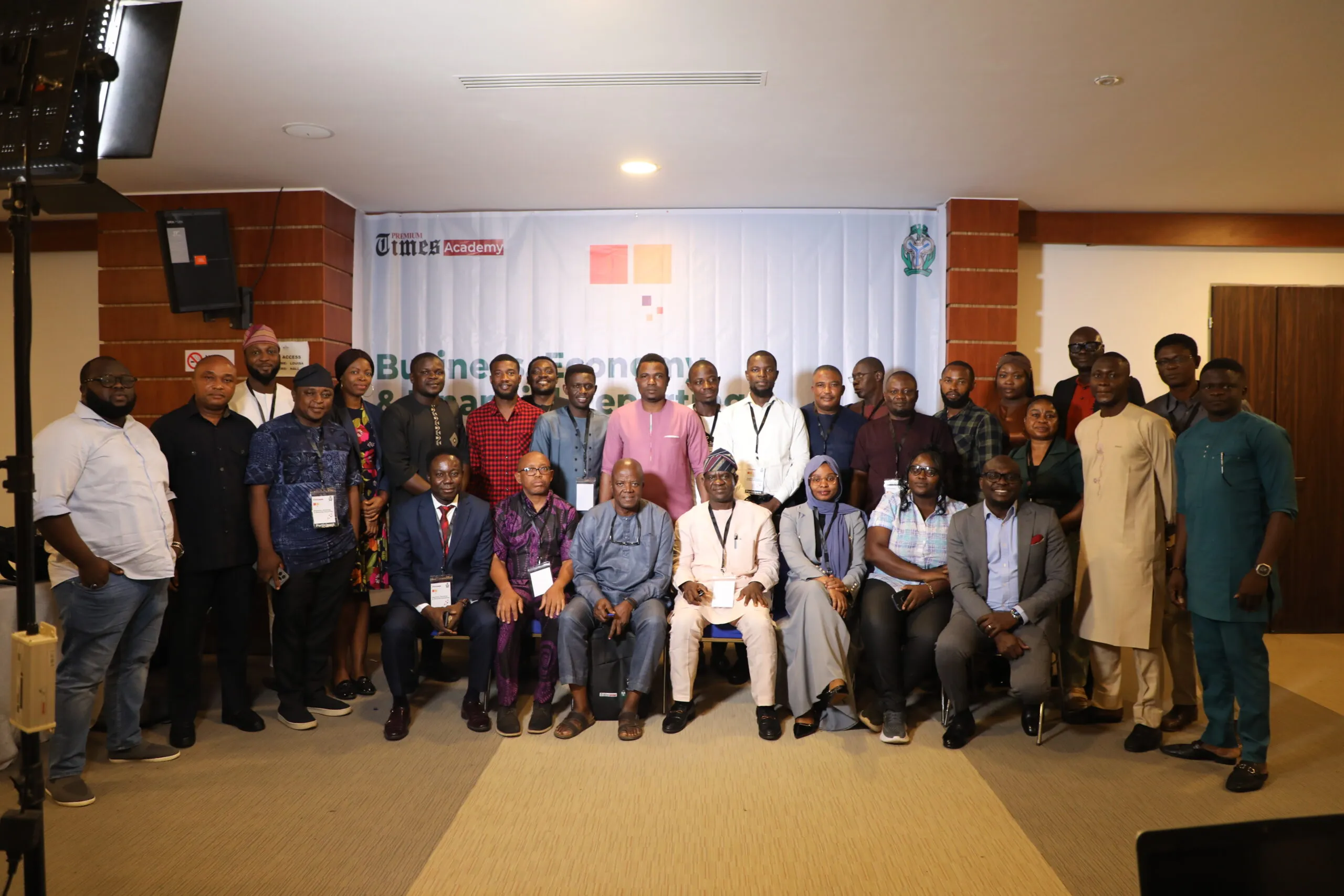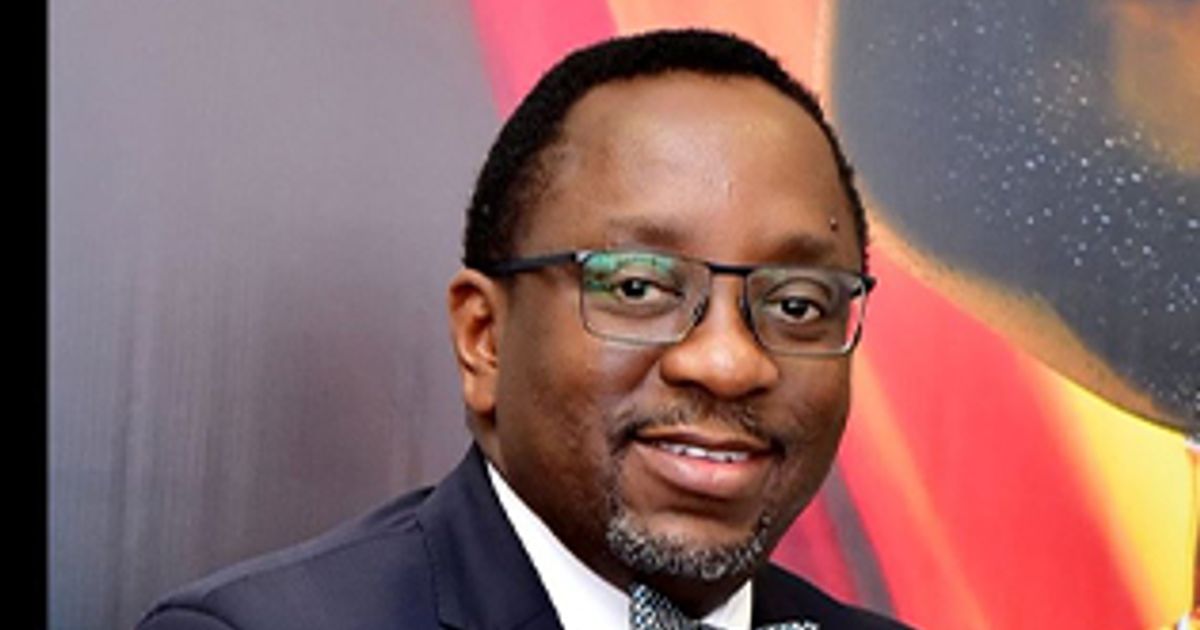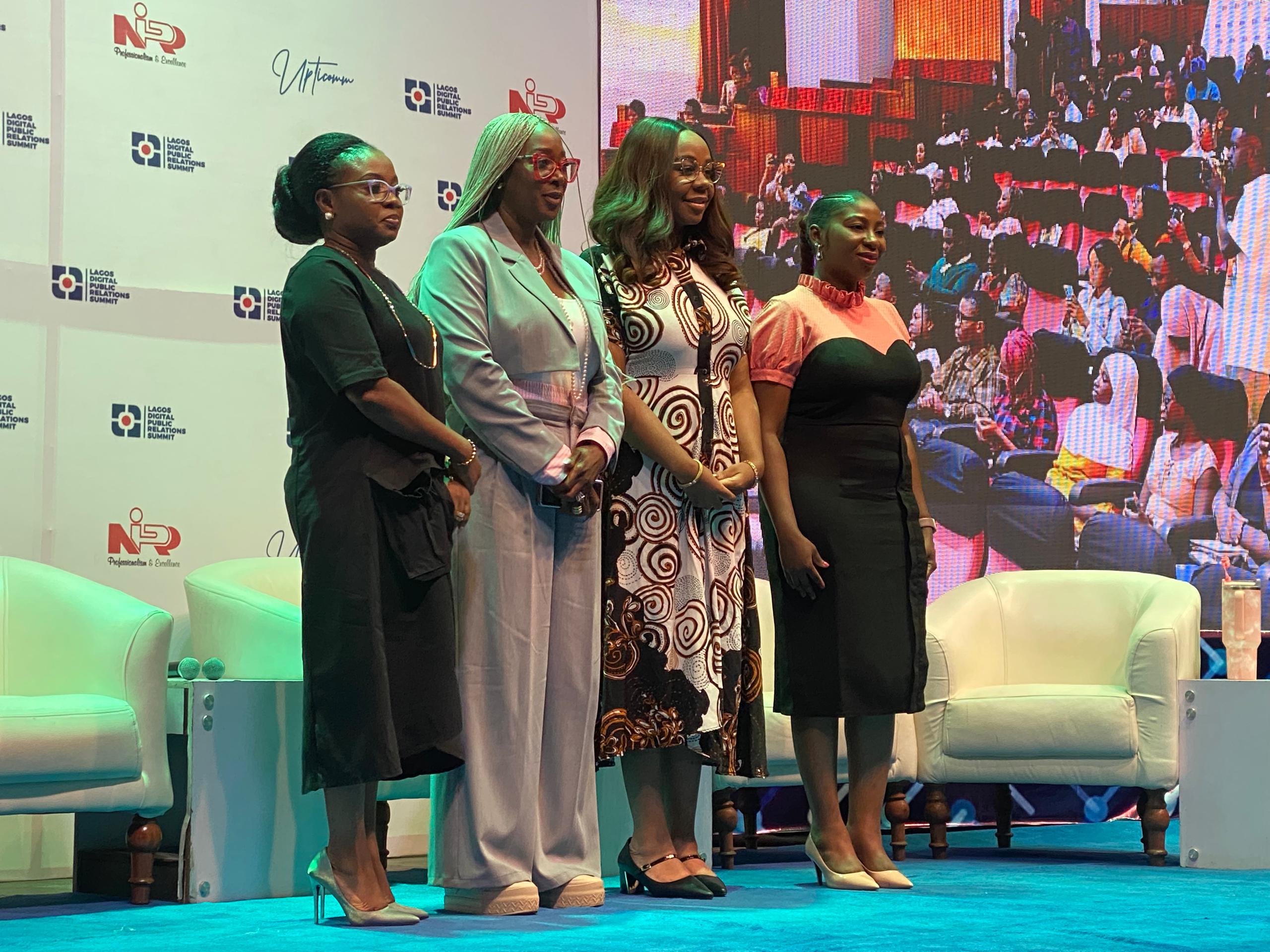Journalists from leading newsrooms across Nigeria have completed a two-day intensive training designed to raise the standard of business, financial, and economic reporting. The programme comes at a critical moment, as concerns about economic stability and public perception continue to grow.
The Premium Times Training Academy organised the sessions in Abuja on 12 and 13 November with support from the Central Bank of Nigeria. The organisers aimed to equip reporters with the skills to produce ethical, data-driven stories that accurately reflect the realities of Nigeria’s economy. Facilitators repeatedly emphasised that precise economic reporting influences policy decisions that shape living standards, healthcare, infrastructure, and economic opportunity.
Experts Warn Against Panic-Inducing Headlines
Experts highlighted how much journalism affects public confidence. Victor Oboh, Director of Monetary Policy at the CBN, explained the technical demands of economic reporting and warned that careless coverage can trigger panic, distort expectations, and destabilise financial markets. He noted that certain headlines can send shock waves through the economy and urged reporters to understand the weight of every word they publish.
Idris Akinbajo, Managing Editor at Premium Times, called for uncompromising professional integrity telling participants to treat journalism ethics as global standards anchored in accuracy, fairness, and accountability. He warned journalists against publishing unverified reports, relying solely on official spokespersons, or accepting brown envelopes. His argument being that the credibility of the press shapes how the world views Nigerian institutions.
Reporters Urged to Rely on Data and Verified Sources
Premium Times Editor-in-Chief, Musikilu Mojeed, urged reporters to ground their work in data. Stressing that journalists who want to report with authority must rely on credible sources. He highlighted the World Bank, IMF, and African Development Bank as essential global references, and pointed to domestic institutions such as the Federal Inland Revenue Service, the Budget Office, the Nigeria Investment Promotion Commission, and the Central Bank’s research publications. The Editor-in-Chief also underscored the importance of the Nigeria Exchange, where listed companies disclose market-moving information.
Mojeed concluded that reporters who master these tools will consistently produce stronger and more impactful stories.
Context, Tone, and Election-Related Risks
Financial expert Zeal Akaraiwe warned journalists against selective storytelling and incomplete narratives. He advised them to tell the truth in full and understand its consequences before hitting publish. He argued that rushed or partial reporting can create fear and weaken public confidence.
Nkiru Balonwu, founder of The Africa Soft Power Group, urged journalists to pay close attention to framing. She argued that persistently negative narratives can undermine economic stability and weaken public trust. She encouraged reporters to balance criticism with evidence of progress, noting that positive indicators often receive far less coverage than gloomy ones.
Senior economist Paul Alaje of SPM Professionals drew attention to election-related economic risks ahead of Nigeria’s 2027 polls. He explained that vote-buying typically involves large foreign currency spend, which drains reserves and destabilises exchange rates. He urged journalists to track election spending closely and investigate how political activities influence the wider economy.
A Clear Message for the Industry
The programme, which involved 25 journalists and nine facilitators, delivered a clear message. Nigeria’s economy depends on accurate, ethical, and context-rich reporting. Journalists who uphold these standards not only strengthen their credibility but also help protect the nation’s economic stability.






Comment
No comments found.